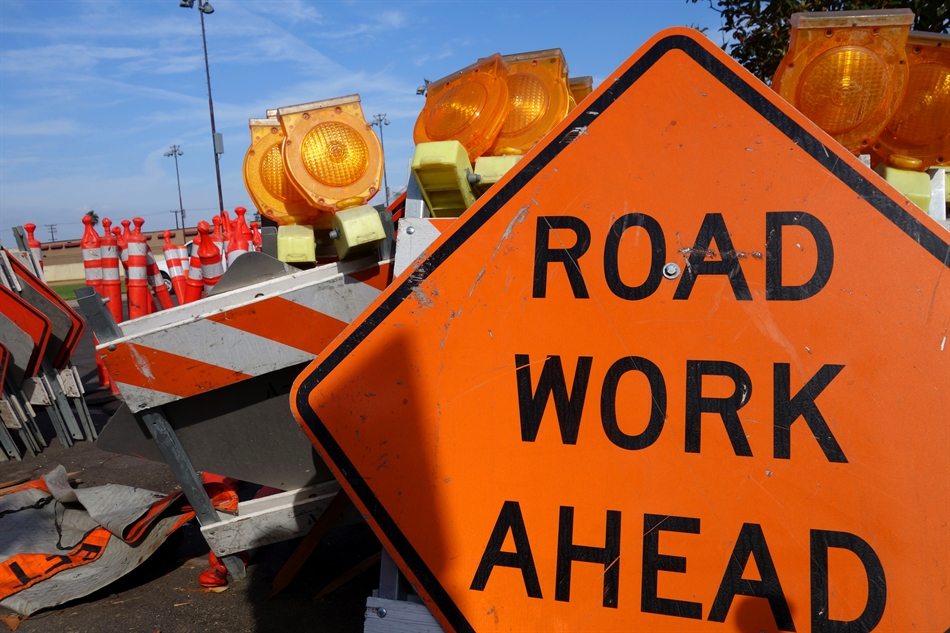
In a discussion yesterday, I made a comment which resonated. It was in comparing FinTech with transportation, and the idea that just because FinTech comes up with the idea of a self-driving car does not mean that we have to rip up the roads, does it? No. The transportation system has a huge amount of infrastructure in place already from major roads and highways, to railways and airports. Just because technology reinvents the idea of a car, train or airplane, does not mean that we need to reconstruct the whole highway, railway and airport infrastructure. They just run on the existing infrastructure in a more effective manner. It is then down to the existing manufacturers of cars, trains and planes to work out if they can keep up with the innovations the new players are bringing to market.
That is why GM, Ford and BMW are talking all the time about the threat of Tesla, Google and Apple. As self-driving cars take over the market, they are all scrambling to keep up and see if they can also offer a decent version with all the bells and whistles.
Take that back to FinTech, and most FinTech firms are creating new versions of payments, transactions, value exchange and value store. Some are very specific and some are highly innovative, but none of them are making us rip up the roads. In fact, nearly all are running on the roads, railways and airports that were built by the banking system. They may be forcing the banks to upgrade those systems, as in the distributed ledger projects under way in clearing and settlement and payments, but a radical reconstruction and rebuild of the whole network is unnecessary.
In fact, when I look at FinTech firms, they fall into a range of categories. Most are supplementing the existing financial system by making the things that work badly easier, vis-à-vis merchant checkout online via Stripe or paying friends for small transactions via Venmo; or reaching parts of the world that the banks cannot reach, vis-à-vis Square for small businesses or M-Pesa and mobile wallets in Sub-Saharan Africa.
Where banks have core business, the FinTech start-ups struggle. In fact, there was a great report on Bloomberg yesterday, which made the contention that any challenger bank will struggle. The fact that they have no customers, no track record and no capital is the issue and, if they get over those challenges and gain some market share, they’ll just get brought by some major incumbent like BBVA.
OK, so it’s not as simple as that, and people like to point out that banks are struggling. Deutsche Bank and Wells Fargo are the latest to be laughed at. RBS, Northern Rock, Wachovia and Washington Mutual are previous failures. But these are failures of management, not of technology strategy. Therefore, I take exception to those who think that bank failures are because of FinTech. Not a single incumbent is failing because of a start-up and no start-up has succeeded in overthrowing the incumbent’s position of strength so far.
The incumbents own the roads, build the cars and maintain the network. There may be new cars and new ways of running the network emerging, and the incumbents challenge is to keep up with the changes. However, the idea that the changes will cause them to rip up the roads, ditch their customers, fail to react and just throw themselves over the cliff to their doom is a fallacy.
Related: Renewing core systems is like renovating the subways
Chris M Skinner
Chris Skinner is best known as an independent commentator on the financial markets through his blog, TheFinanser.com, as author of the bestselling book Digital Bank, and Chair of the European networking forum the Financial Services Club. He has been voted one of the most influential people in banking by The Financial Brand (as well as one of the best blogs), a FinTech Titan (Next Bank), one of the Fintech Leaders you need to follow (City AM, Deluxe and Jax Finance), as well as one of the Top 40 most influential people in financial technology by the Wall Street Journal's Financial News. To learn more click here...

